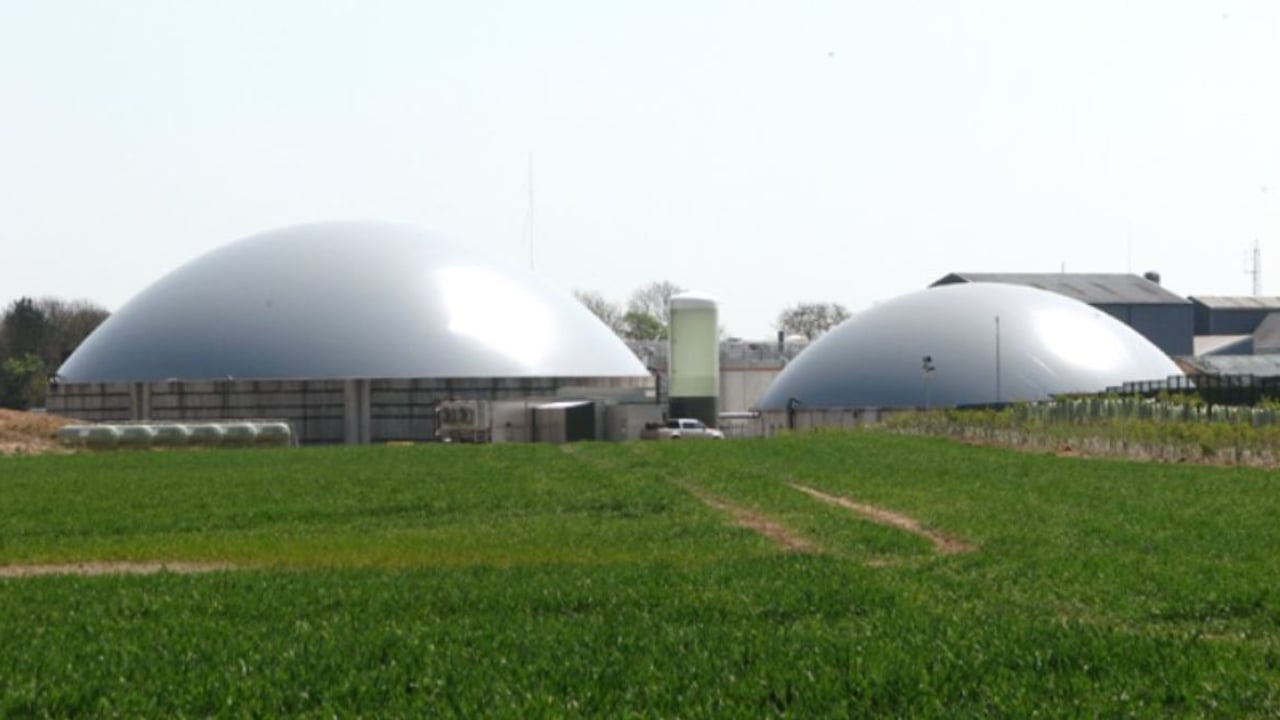Industry forum welcomes 'essential' policy to 'drive investment' in biomethane
A long-awaited and "essential" policy will "drive investment" in Ireland's indigenous biomethane sector, according to an industry forum.
The Renewable Gas Forum Ireland (RGFI) has welcomed the government’s approval of the Renewable Heat Obligation (RHO), announced by the Department of Climate, Energy and Environment in recent days.
The scheme, due to come into effect in 2026 and run until 2045, mandates fossil fuel suppliers to incorporate a rising proportion of renewable heat - explicitly including biomethane - into their mix.
The RGFI, which has long advocated for this measure, said the RHO "provides a critical market signal that supports the commercial viability of anaerobic digestion projects and underpins national and EU decarbonisation targets".
PJ McCarthy, chief executive of the RGFI, said this is a "significant and welcome step forward".
"The long-term scope of the RHO offers much-needed investment certainty and sends a strong message to project developers, co-operatives, and farmers that biomethane has a central role in Ireland’s energy future," McCarthy said.
"We commend the department for recognising this.”
However, the RGFI also noted that important details remain to be finalised, including:
- The level of capital funding available to support biomethane production under the RHO;
- Providing adequate resources and support for the National Oil Reserves Agency to effectively carry out its role as administrator of the scheme;
- Provisions to ensure domestic biomethane supply is prioritised in line with national energy security and rural development goals.
“To unlock the full potential of the RHO, it is vital that these mechanisms are designed to enable early-stage developers and ensure that locally-produced biomethane is commercially supported,” McCarthy added.
As Ireland imports most of its fossil fuels, the heating sector is a significant contributor to the country’s high energy import dependency.
The RHO aims to help to reduce reliance on imported fossil fuels and strengthen energy security.
A secondary objective of the RHO is to support the delivery of government’s commitment for up to 5.7 TWh of biomethane to be produced in Ireland per annum by 2030.





